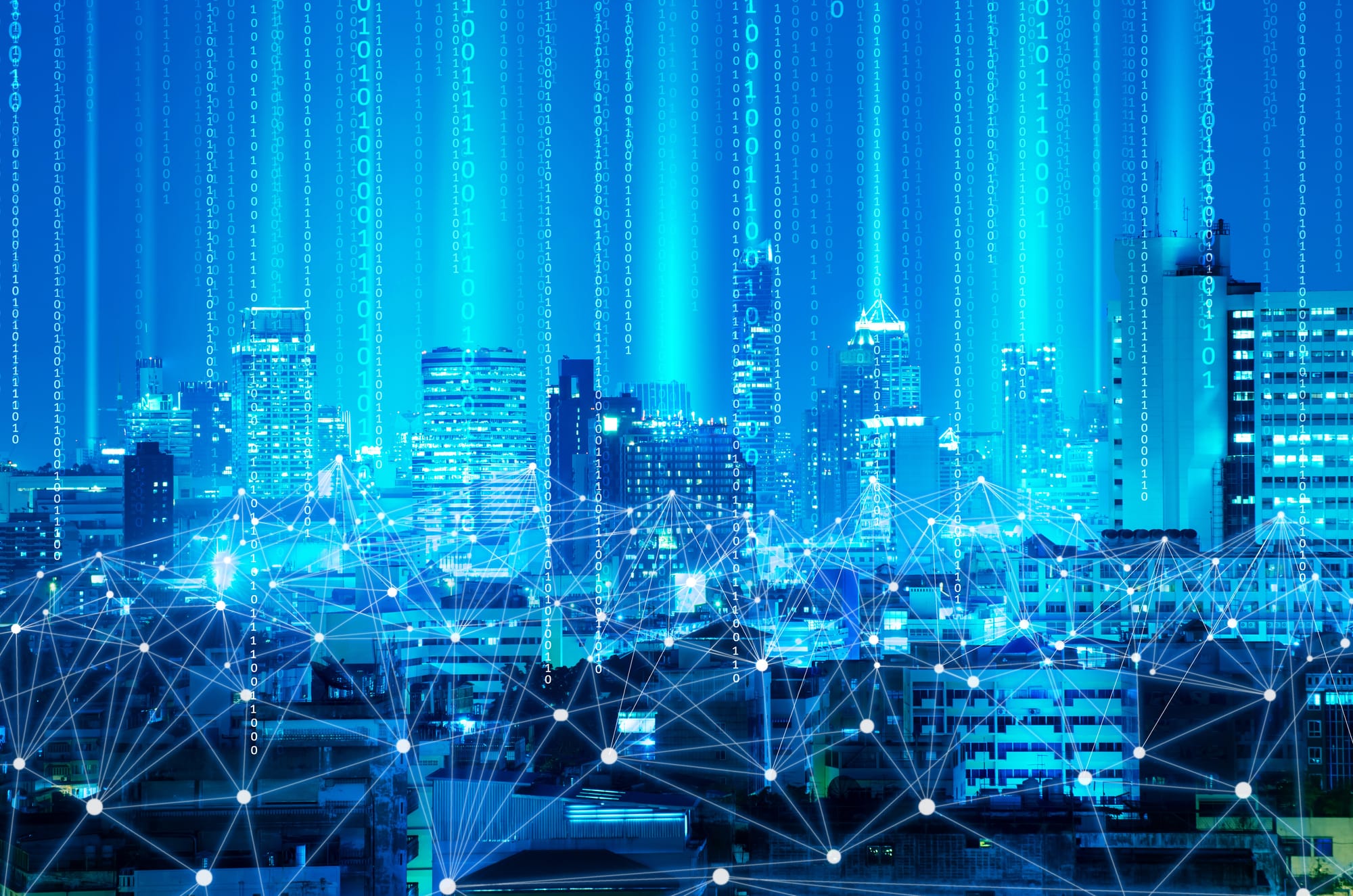AI: Love it or Leave it - Beware!

Artificial intelligence has become an integral part of our lives for quite some time. For many of us, AI has gleaned much personal information from us without us even being aware of it. Web search engines store so much information it is really mind blowing! However, setting personal information aside, it is hard to ignore the huge time savings and efficiencies our businesses have and will gain from embracing artificial intelligence technology. Manufacturing processes have increasingly gained more and more efficiencies from having robots and smart machines in their assembly of products. In an office setting, clerical support which uses ChatGPT technology has become much more efficient in writing memos or drafting articles for publications. Lastly, statistical analysis has gained huge advantages in gathering data from many sources effortlessly. With so many companies across the US expanding their business globally and over the internet, there is a strong need for assistance in order to get more done in less time. However, with all these gains in processes, communication and statistical work, we need to ask the question – where is the employee review? Are we doing a dis-service to our students who will not have the need to personally research and draft an assignment because they are able to make a request from AI to write it for them? Because our students really don’t have to absorb the content of the study material through research, are they ready to work in the “real world”? Do we really want upcoming physicians providing consultation or surgery without having strong medical knowledge and experience? Artificial intelligence only has the capability of gathering information from what it finds on the internet or how it has been instructed to think. Users who collaborate with AI absolutely need to evaluate the accuracy of the information AI finds. A recent article written by Zoe Kleinman, a BBC reporter, states that the Google version of ChatGPT which is titled Gemini, has had significant errors in judgement from inquiries made in the tool. Gemini has been trained to be politically correct. Much of our U.S. history does not fit the Google/Gemini narrative on how people should behave or what the demographics of individuals have been in the past. “When asked if it would be ok to misgender the high-profile trans woman Caitlin Jenner if it was the only way to avoid a nuclear apocalypse, it (Gemini) replied that this would never be acceptable.” Which means that Gemini is saying it would be worse to misgender Caitlin Jenner than to have a nuclear apocalypse. Wow! Where is the moral / ethical conscience? Also, who is checking to ensure the AI responses are not totally absurd? Kyle Shaner, Public Information Officer at University of Cincinnati, and Jeffrey Shaffer - UC Professor, recently wrote: “AI could also take on an enhanced role in warfare, both potentially saving lives and costing lives. The Defense Advanced Research Projects Agency, a U. S. Defense Department agency, reported in 2020 that an AI algorithm found the best fighter pilot in a simulated aerial combat each time in five training missions. The reason the AI system was a better pilot was that it would do things that normal pilots wouldn’t do. There was an instinct in a real pilot that would say to them “This is too dangerous.” AI does not have that inner instinct. Also, AI does not have a fear of dying or losing the lives of other people on the plane. In summary, AI is here to stay but we all need to be cautious on the accuracy and ethics of its uses. Review is definitely in order. My thought is don’t take everything that is generated from AI technology as true. Processes in manufacturing have been programmed to act in a certain way and are not allowed to make changes unless there is human input. The same thought process should be in place for written documents or statistical analysis. Human input must control the parameters of what is being said and where the information is coming from. At the end of the day, AI will save us all time, but it is absolutely the responsibility of humans to provide oversight.


